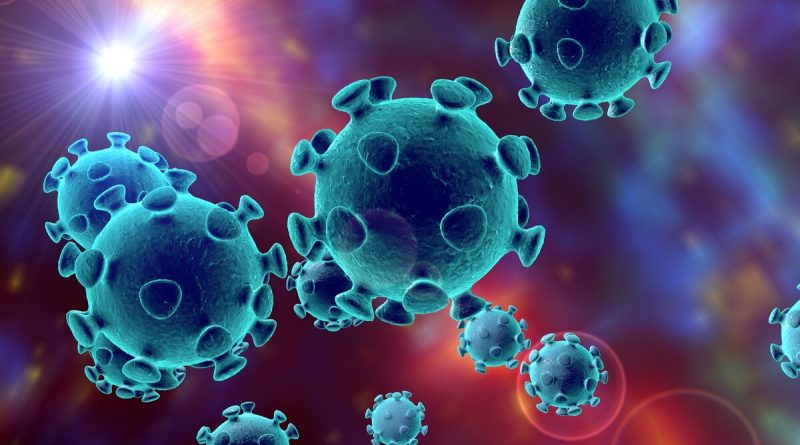Scientists have named the categories of people who are susceptible to re-infection with COVID
Scientists have named the categories of people who are susceptible to re-infection with COVID
American scientists, based on the results of a study of electronic medical records of US residents, have identified a number of factors that can provoke re-infection with COVID-19. The corresponding article is published on the medRxiv portal, a service for publishing preprints of materials in the field of medical research.
Researchers at the University of Texas Health Sciences Center, together with colleagues from Vanderbilt University Medical Center, selected 23 patients from the US electronic records database with repeatedly positive results of a PCR test for SARS-CoV-2 at intervals of more than 60 days with two consecutive negative tests.
The analysis showed that the average age of patients was 64.5 years. The vast majority, 83%, had smoked in the year prior to the study. About 61% of patients are overweight or obese. 83% have immune disorders, and 96% of patients were found to have two or more comorbidities.
In almost 74% of cases during repeated coronavirus infection, patients experienced symptoms or clinical manifestations of COVID-19: shortness of breath, acute respiratory failure, fever, acute renal failure, acute embolism, and thrombosis.
Scientists have come to the conclusion that with repeated infection, the course of the disease can be no less difficult than with the first one. Thus, about 70% of patients were hospitalized both after primary infection and after repeated infection.
The authors of the article believe that people suffering from diabetes, hypertension, chronic kidney diseases, respiratory, cardiovascular diseases, cirrhosis of the liver, including those associated with alcohol, people undergoing treatment for cancer and after organ transplantation – all these categories of patients are most at risk of re-infection with COVID-19.
According to the scientists, the sample they used in the study consists of maps of patients who suffered from the disease in a moderate or severe form both after the initial and after repeated infection. The authors do not rule out the possibility of a recurrence of the disease in people who have suffered from coronavirus in a mild or asymptomatic form.In their opinion, in such patients, the risk of severe disease after re-infection is not so high.
The article clarifies that the published article is a preprint that has not yet been confirmed by an expert assessment, and therefore should not be used as a guide for medical practice.
